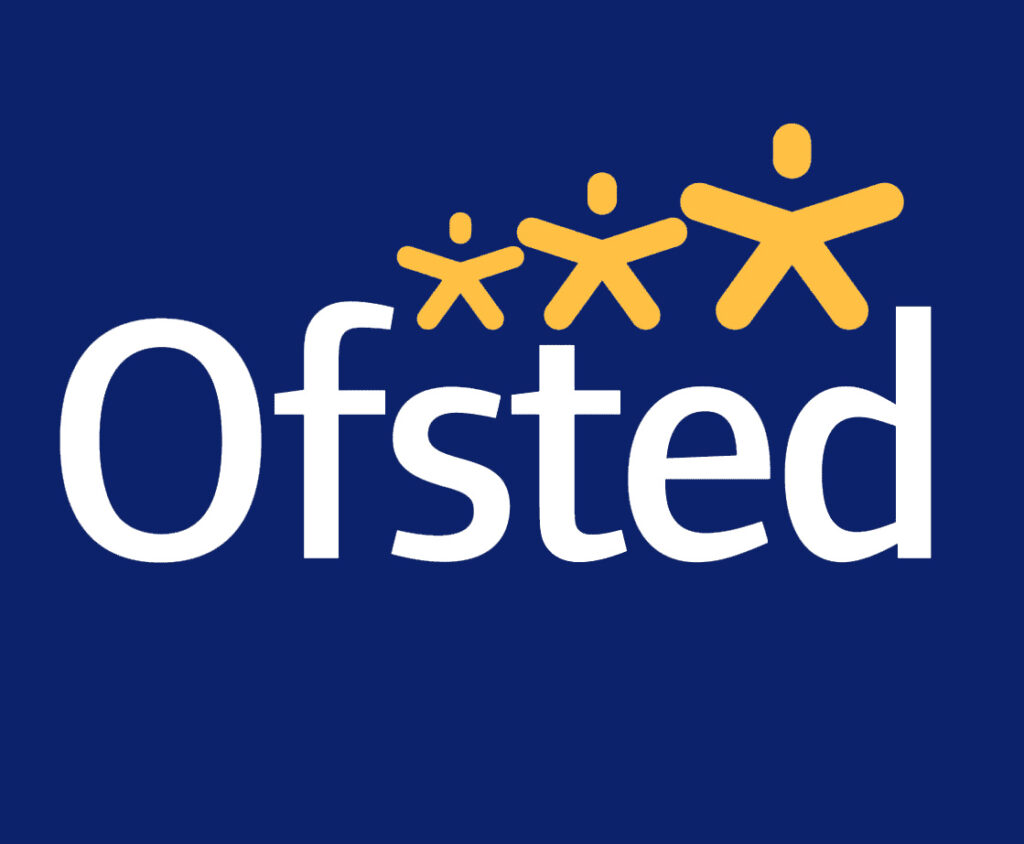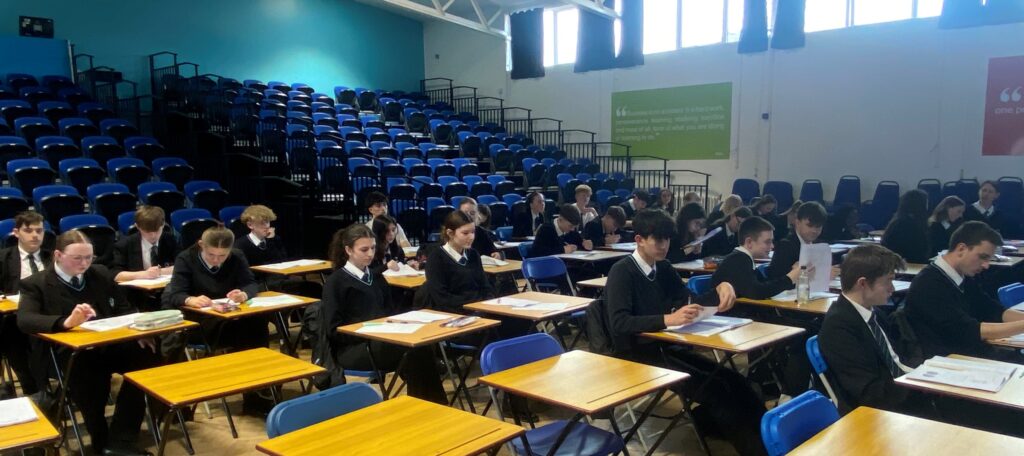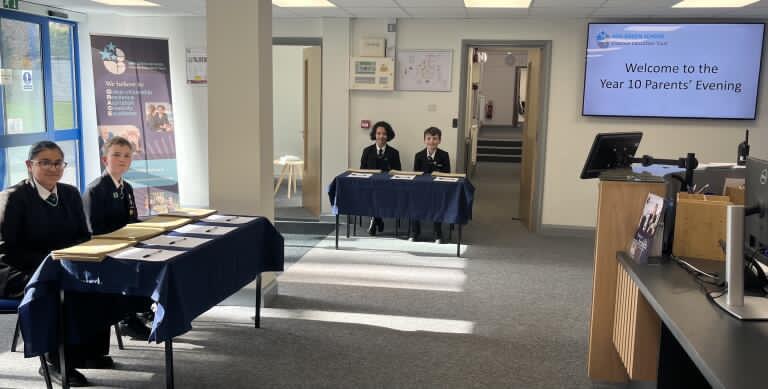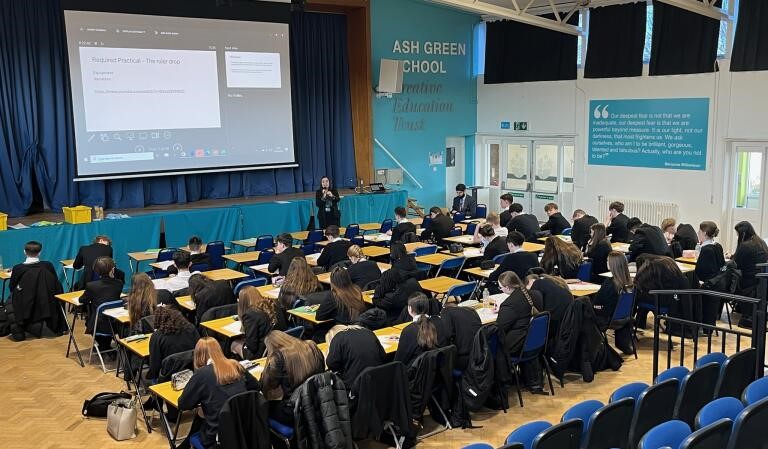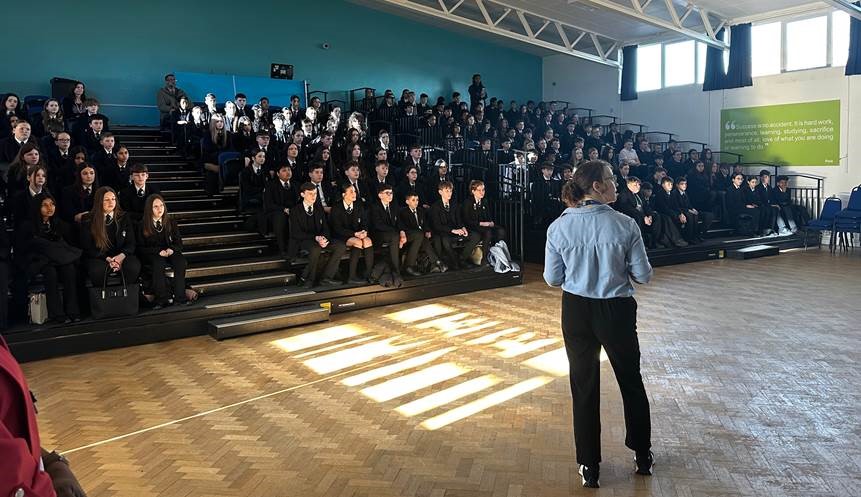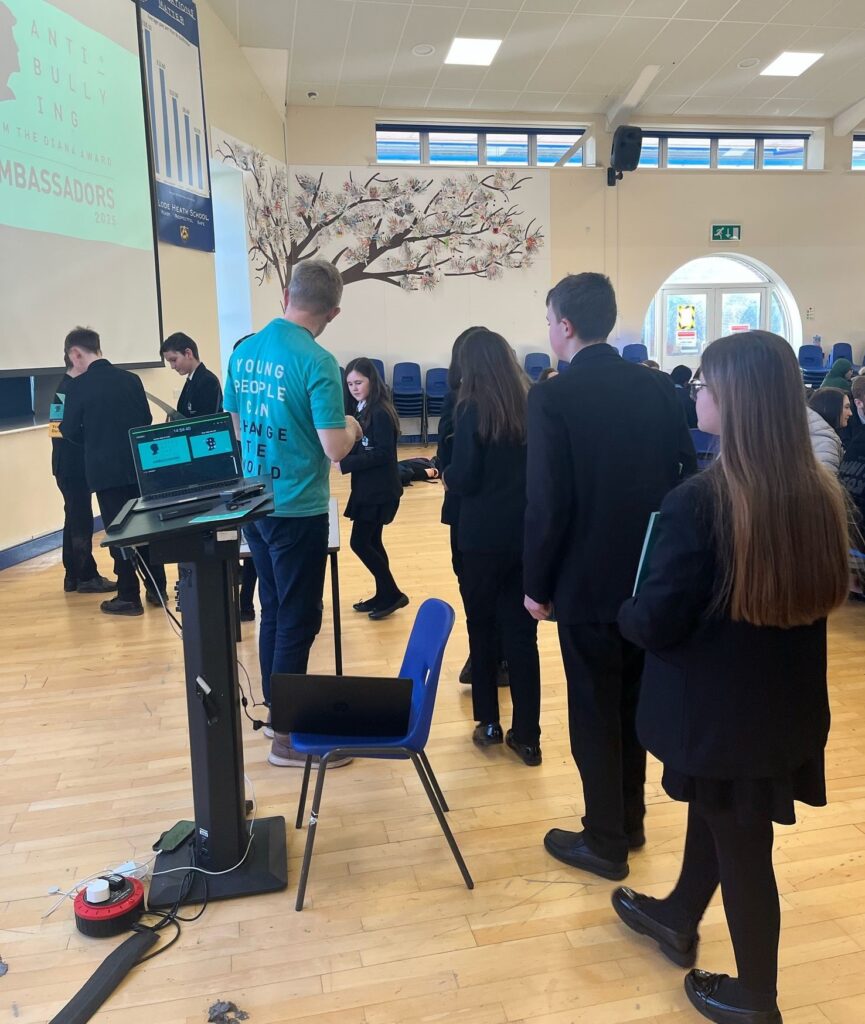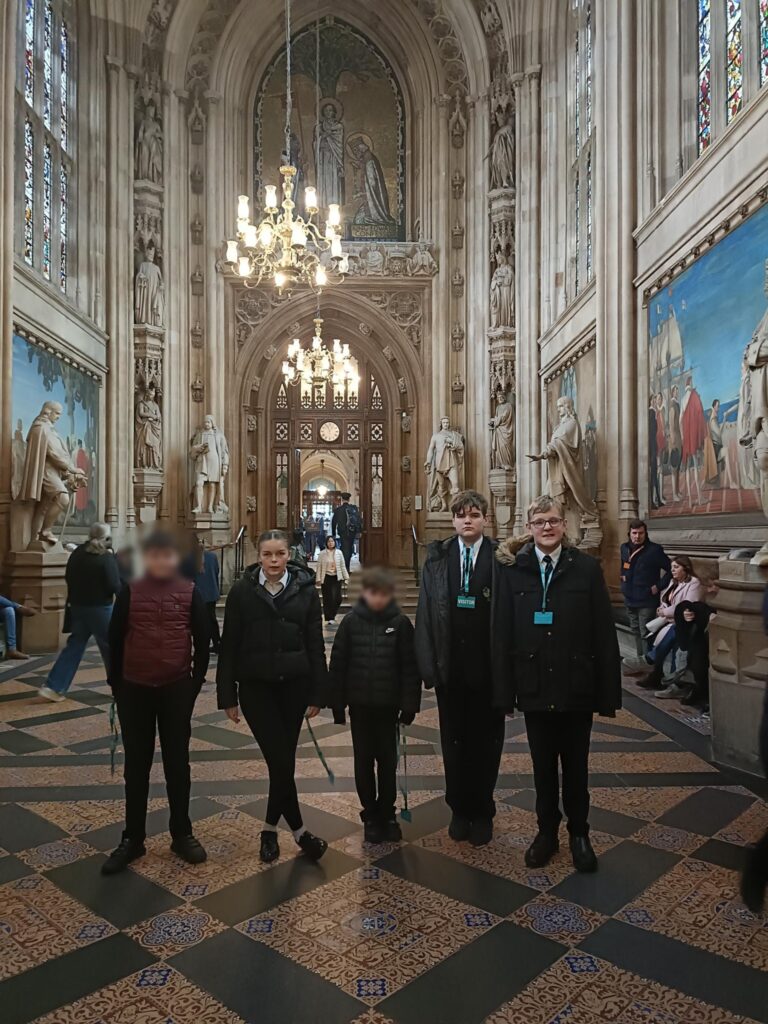

Science
Science encompasses everything that we are and allows us to make sense of the world around us. A high-quality science education should develop students’ curiosity and scientific knowledge in order to question the world in which we live, enable critical thinking and encourage students to become socially aware global citizens. As students progress through their scientific education, they should be able apply their scientific thinking and vocabulary to explain a wide range of phenomena, develop their experimental skills through a variety of scientific investigations and use their observations to justify the conclusions they have made, whilst using their analytical and evaluative skills to critically analyse information they are presented with.
Key Stage 3:
Ash Green School students follow an innovative, key concept driven and spiralling Science CET curriculum devised by a team of experienced specialist teachers from across the Academy chain.
By the end of the year 7 students are aware of the purpose of the steps in scientific methodology and can conduct lab work purposefully and safely. In biology, students have the scientific literacy to discuss organisms, ecosystems and the exchange of substances in the body. In chemistry, students have developed modelling for explanations of matter, the periodic table and earth sciences. In physics students can model situations involving forces, energy, and waves. Thinking like a Scientist skills (Analyse, Communicate, Enquire and Solve) run throughout all topics intertwined in the delivery of practical skills, data handling and knowledge.
By the end of the year 8, students can and can conduct experimental investigations and obtain valid results and use graphical techniques to analyse and interpret results. In biology, students have the knowledge to accurately discuss genes, reproduction, and respiration & photosynthesis. In chemistry, students can use conventions in chemistry to describe separating mixtures, our climate and securing resources, the reactions of metal & non-metals with acids & alkalis. In physics students can analyse situations involving forces, energy, electricity & electromagnetism, as well as studying Space, including the use of numeracy for calculations. Thinking like a Scientist skills (Analyse, Communicate, Enquire and Solve) run throughout all topics intertwined in the delivery of practical skills, data handling and knowledge.
By the end of the year 9 students can develop experimental methods and use accurate apparatus and techniques. They can relate fundamental knowledge to evidence collected in the lab and how that is used to develop models. In biology students learn about health, ecosystems, and have acquired the fundamental knowledge about microbiology and the challenges of scale. They have the numeracy skills to apply to more complex problem solving. In chemistry, students can use conventions in chemistry to explain the structure and behaviour of the states of matter and explain reactions. In physics students can apply mathematical skills to analyse energy transfers, apply ideas about particle theory to explain changes of state, explain how waves interact with each other, as well as developing further their understanding of forces. Thinking like a Scientist skills (development of scientific thinking, experimental skills and strategies, analysis and evaluation, scientific vocabulary) run throughout all topics.
Key Stage 4:
At Key Stage 4, students follow either the AQA GCSE Combined Science Trilogy or AQA GCSE Triple Science specifications. All students study biology, chemistry and physics, however in triple science some topics have more detail in them or there are additional topics.
In year 10 biology, students learn about cells and microscopy. Cells make up tissues and organs, and students use this knowledge to understand organisation within the body. Students learn about infections and how the body fights them. Students also learn about respiration and photosynthesis.
In chemistry, students learn about atomic structure and the periodic table. We look at how substances are bonded together, however that gives different molecular structures, and how that explains the properties of matter. Students learn more about reactions and are able to support the chemical equations with calculations. The energy changes within reactions are also learned about.
In physics, students complete calculations around energy changes. They learn about electrical circuits and the national electrical supply. Students can explain the structure of matter, an energy changes through heating matter up or changing its state. We study radioactivity.
In year 11 biology, students learn about the hormonal system, for example how it regulates the menstrual cycle and diabetes. We look at how species pass on inherited characteristics, and how variation and evolution occurs. Ecology is also studied.
In chemistry, students look at the factors which affect how quickly a reaction progresses. We learn about organic chemistry and how to analyse chemicals. Students can explain the development of our atmosphere, how it is continuing to change, and how we take resources from the ground for use in industry.
In physics, we learn more about forces and motion. We look at waves, magnetism, and electromagnetism. In triple physics, there is an additional module on Space.
Students also complete a suite of required practicals across the three sciences. These develop students lab skills and the scientific method.
GCSE Combined Science is assessed with two biology, two chemistry, and two physics exam papers. Each of these is 1 hour 15 minutes long. GCSE Triple Science has the same number of exam papers, but they are each 1 hour 45 minutes long to reflect the additional content.
Key Stage 5:
Students at Ash Green School have the opportunity to study A-levels in biology, chemistry and physics.
OCR A-Level Biology A
In year 12 A-level biology students learn about the development of practical skills in biology, foundations in biology, and exchange and transport, biodiversity, evolution, and disease. In year 13 we study, communication, homeostasis, energy in biological reactions, genetics, evolution and ecosystems.
OCR Chemistry A A-Level
In year 12, A-level chemistry students learn about the development of practical skills in chemistry, foundations of chemistry, the periodic table, energy transfers in reactions, and core organic chemistry. In year 13, we study physical chemistry, transition elements, organic chemistry, and analysis.
OCR Physics A A-Level
In year 12 A-level physics students learn about, practical skills in physics, foundations in physics, forces & motion, and electrons, waves & photons. In year 13, we study Newtonian mechanics, astronomy, fields, particles and medical physics.
Each science A-level is examined through three papers. In addition, students complete a series of experiments, which are designed to develop their lab skills. Successful completion of these results in a practical endorsement as well as their grade.



